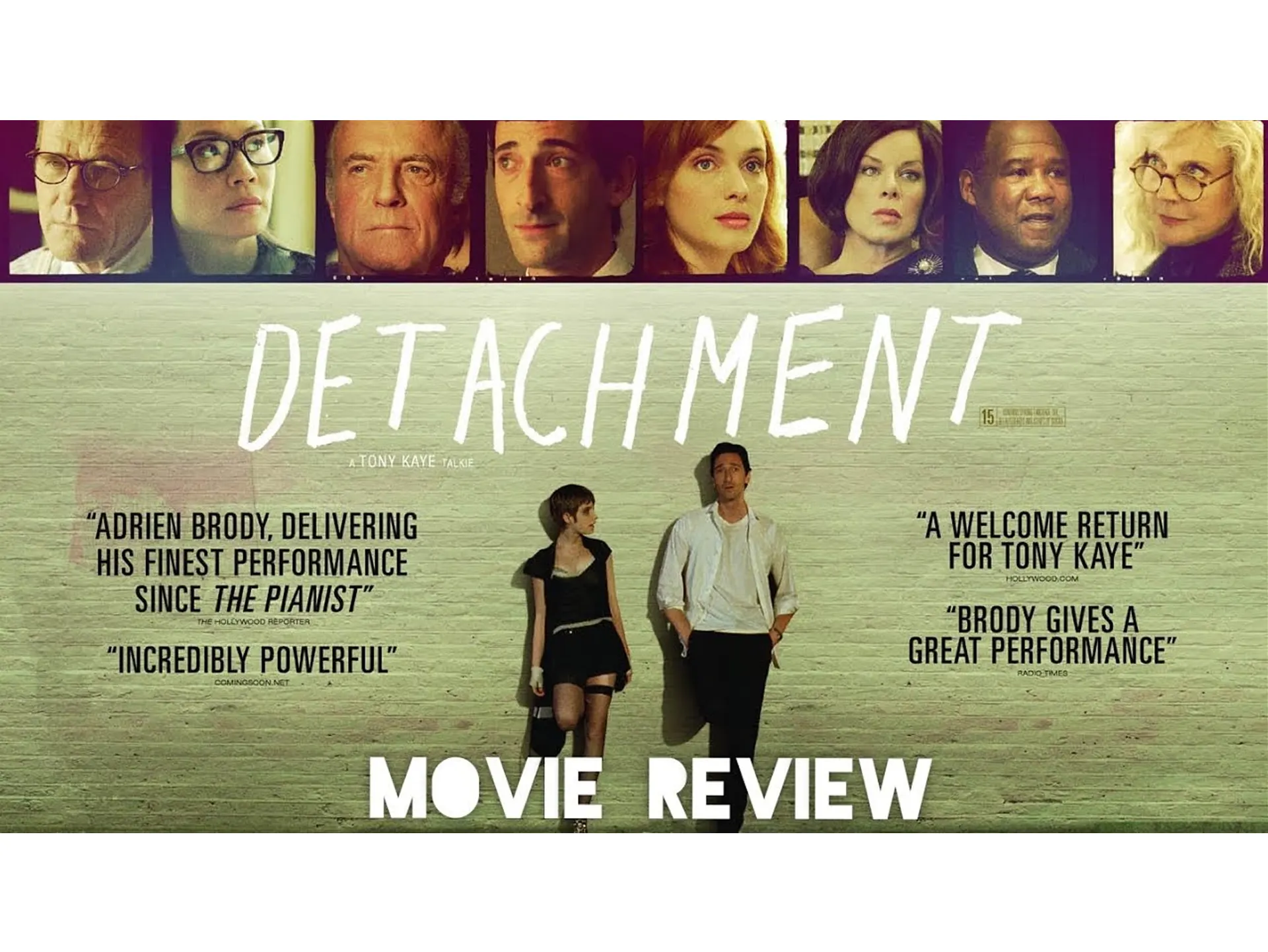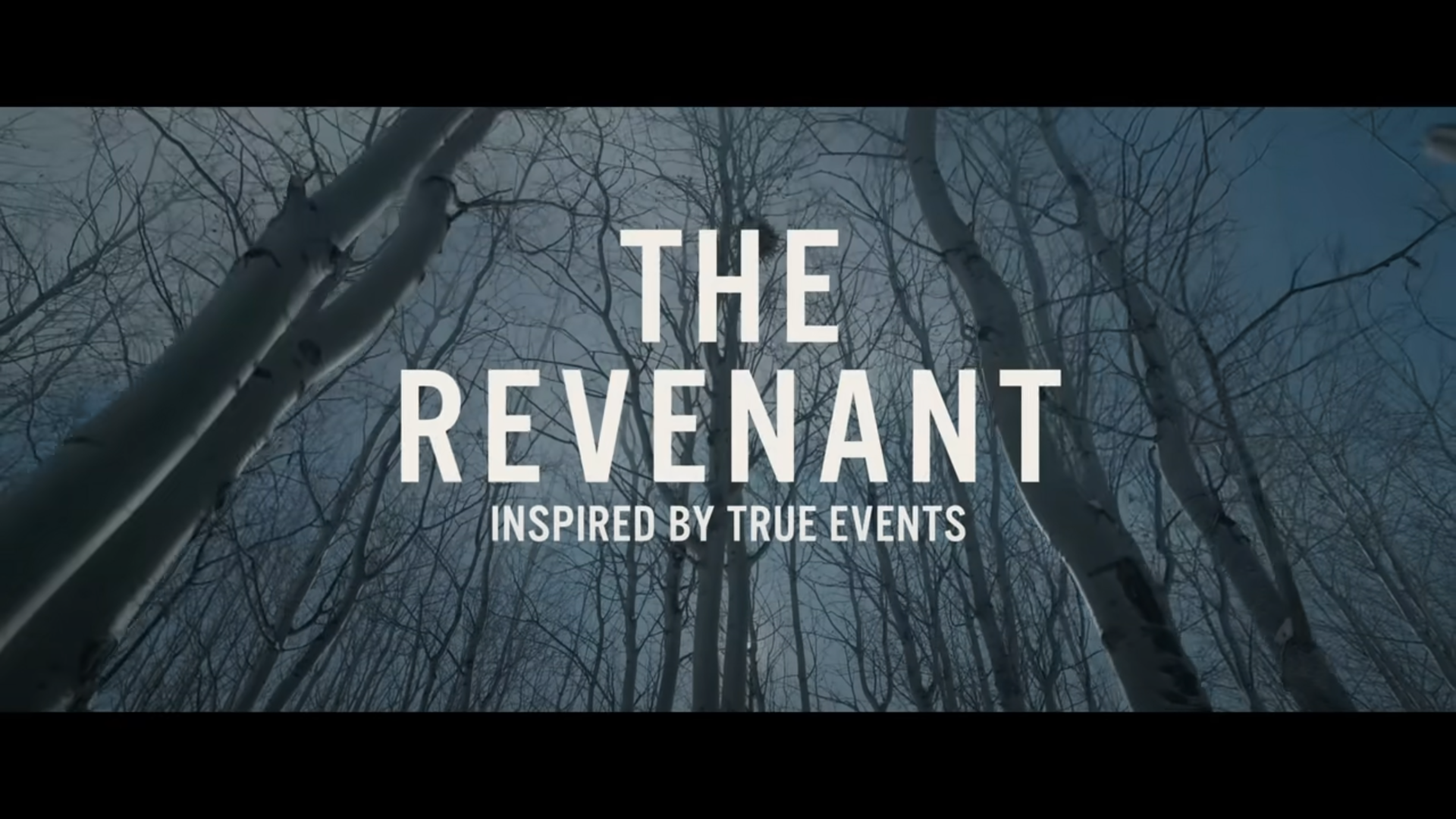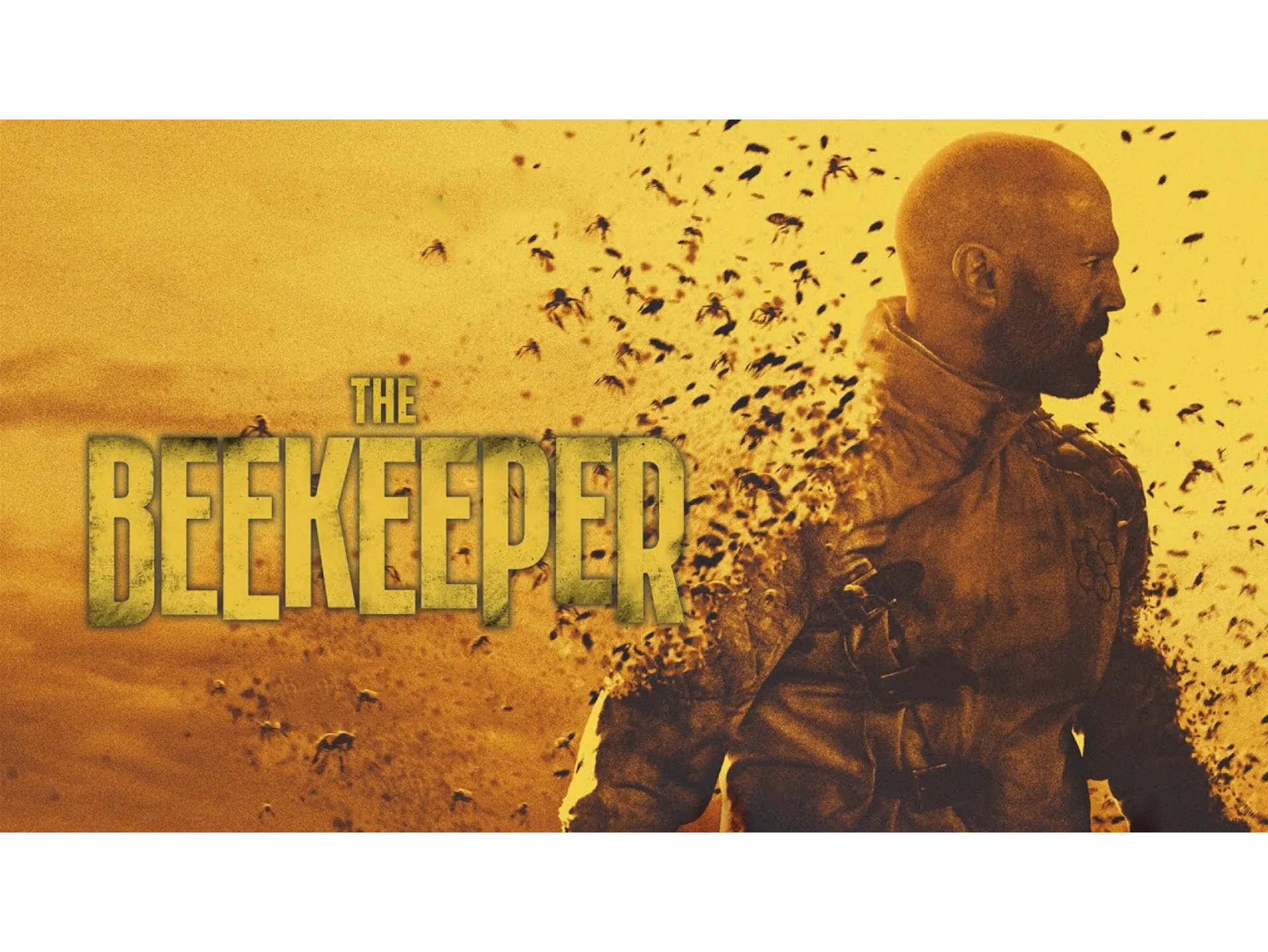“Detachment” is a thought-provoking film that delves into the complexities of teaching, education, and emotional disconnection. It raises critical questions about the education system and individual struggles. This blog post will explore whether “Detachment” was inspired by real events, shedding light on the film’s roots, characters, and thematic elements.
Understanding the Plot of “Detachment”
“Detachment,” directed by Tony Kaye, tells the story of Henry Barthes, a substitute teacher who floats in and out of schools, emotionally detached from his life and the people around him. The narrative follows Henry as he confronts the challenges of teaching in a failing educational system while dealing with his own personal issues. The film highlights the struggles faced by both students and teachers alike, showcasing the emotional toll that a dysfunctional education system can inflict.
The film begins with Henry arriving at a new school, where he meets various characters who illustrate the heart-wrenching realities of contemporary education. Students are depicted as disengaged and disheartened, often grappling with personal crises that hinder their academic progress. Teachers are equally overwhelmed, faced with the burden of an underfunded and undervalued education system. This rich narrative creates a tapestry of interconnected stories that echo real-life experiences, leaving the audience pondering the state of education today.
The Creative Process Behind “Detachment”
The inspiration for “Detachment” can be seen through the lens of its writer, Carl Lund. Lund has a background in both education and writing, allowing him to bring authenticity to the film’s narrative. Kaye, known for his controversial film “American History X,” was drawn to the themes of disconnection, empathy, and the fundamentally inherent struggles within the education system.
In interviews, Kaye expressed his desire to create a film that resonates emotionally with viewers, inviting them to reflect on their own experiences in schools—whether as a student, teacher, or parent. Through this artistic lens, the film captures moments that resonate deeply, blurring the lines between fiction and reality. The characters and situations presented bear a strong resemblance to the challenges faced by many in the educational setting, suggesting that the narrative is not merely a product of imagination but rooted in the lived experiences of real people.
Real-Life Inspirations: Education System Challenges
While “Detachment” doesn’t directly depict specific real-life events, it draws inspiration from the numerous issues plaguing the modern education system. The film tackles themes such as budget cuts, standardized testing, and mental health struggles among students. Many educators and students face similar challenges in their daily lives, highlighting a prevalent crisis in schools across America.
Reports consistently show that many public schools are underfunded, leading to overcrowded classrooms and insufficient resources. Teachers often find themselves overwhelmed, leading to burnout and a disconnection from their roles. “Detachment” illustrates this reality, portraying Henry as an outsider who, despite being physically present, remains emotionally distant. This emotional detachment is a survival mechanism for many teachers who witness the harsh conditions of their students yet lack the support they need.
Furthermore, issues of mental health in schools have come to the forefront in recent years. The film captures this, depicting students struggling with depression, anxiety, and trauma. By portraying these struggles, “Detachment” demonstrates that the narrative isn’t merely entertainment; it’s a reflection of a deeper societal issue.
The Characters: Mirrors of Society
The diversity in characters within “Detachment” helps to underscore its core message—that each individual, whether student or teacher, is grappling with their own battles. Henry Barthes, played by Adrien Brody, represents the weary and disillusioned educator trying to make a difference. Other characters serve as manifestations of broader societal issues, including family dysfunction, mental health crises, and the consequences of institutional failure.
One of the most poignant character arcs is that of Erica, a troubled student dealing with her own personal issues. Through her interactions with Henry, viewers witness the potential impact of a compassionate mentor. Erica’s struggles reflect the harsh realities many young people face today—issues that are not confined to the silver screen but echo in real classrooms.
The film’s portrayal of these characters raises critical questions about the role of education in nurturing its students. Are educators equipped to handle the emotional turmoil faced by students? Do they have the resources and support necessary to foster meaningful connections? Through its character-driven narrative, “Detachment” compels viewers to consider these vital questions.
The Emotional Impact of “Detachment”
What makes “Detachment” resonate so deeply with audiences is its emotional authenticity. The film’s raw portrayal of the struggles faced by teachers and students captivates viewers, prompting them to reflect on their own experiences. Henry’s journey, although fictional, mirrors the lives of many individuals, invoking strong emotional responses from those who relate to his story.
The cinematography and direction amplify this emotional impact, creating a powerful visual experience. With its stark imagery and often somber tones, the film immerses the audience in the bleak realities of the educational system. The pacing fosters a sense of urgency, highlighting the importance of addressing these pressing issues while encouraging viewers to empathize with the characters’ trials.
What sets “Detachment” apart from other films about education is its unflinching honesty. It does not shy away from depicting the complexity of human emotions and the systemic failures within the educational landscape. As such, it sparks an essential conversation about the need for reform and support in teaching environments—a conversation that continues to be vital even today.
Audience Reception and Critiques
Upon its release, “Detachment” received mixed reviews, with some praising its raw emotion while others felt it lacked narrative cohesion. Critics acknowledged the film’s strengths in character development and emotional depth but cited issues with pacing and plot execution. Despite these critiques, the film has garnered a dedicated following, as many viewers appreciated its unfiltered approach toward showcasing the struggles of the education system.
Audience reactions often highlight the relevance of the film’s themes to contemporary issues. Teachers have expressed their resonance with Henry’s character, acknowledging their own feelings of detachment and disillusionment. Students, on the other hand, saw reflections of their experiences in Erica’s struggles, further contributing to the film’s impact.
Overall, while opinions on “Detachment” vary, its ability to trigger meaningful discussions about education and emotional well-being cannot be overlooked. The film serves as a testament to the transformative power of storytelling in addressing societal issues.
Conclusion
“Detachment” stands as a poignant exploration of the modern education system’s challenges, its characters embodying the emotional struggles faced by teachers and students alike. While the narrative may not be based on specific real-life events, it resonates deeply with those familiar with the reality of contemporary education. By revealing the nuances of emotional detachment, personal struggles, and systemic failures, the film invites viewers to reflect on their own experiences and the broader implications of the issues at hand.
Through its innovative storytelling and evocative performances, “Detachment” sparks essential conversations about education, emotional health, and the potential for change. In an era where the education system continues to face scrutiny and challenges, this film serves as a crucial reminder of the human stories behind the statistics. The emotional impact of “Detachment” lingers long after the credits roll, inspiring viewers to advocate for a more supportive and empathetic educational landscape.
FAQs
1. Is “Detachment” based on a true story?
No, “Detachment” is a fictional film, though it draws inspiration from real events and challenges within the education system.
2. Who directed “Detachment”?
“Detachment” was directed by Tony Kaye, known for his thought-provoking films that often tackle social issues.
3. What are the main themes of “Detachment”?
The film explores themes of emotional detachment, the struggles of the education system, mental health, and the need for empathy among educators and students.
4. How did critics respond to “Detachment”?
Critics had mixed responses, praising its emotional depth and character portrayals but noting issues with pacing and narrative cohesion.
5. What is the significance of the character Henry Barthes?
Henry Barthes represents the disillusioned educator navigating the challenges of teaching in a failing system, reflecting the experiences of many teachers today.



